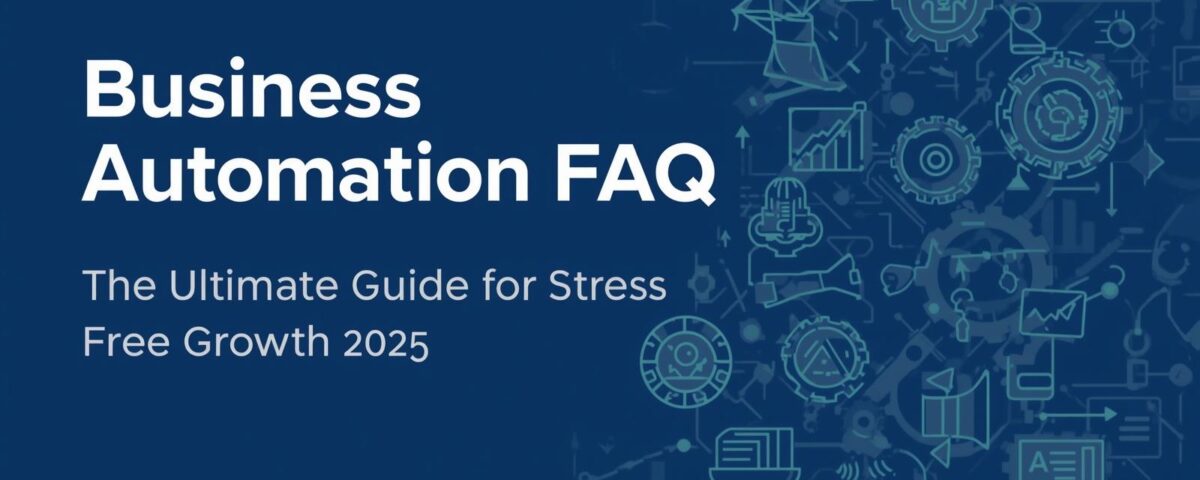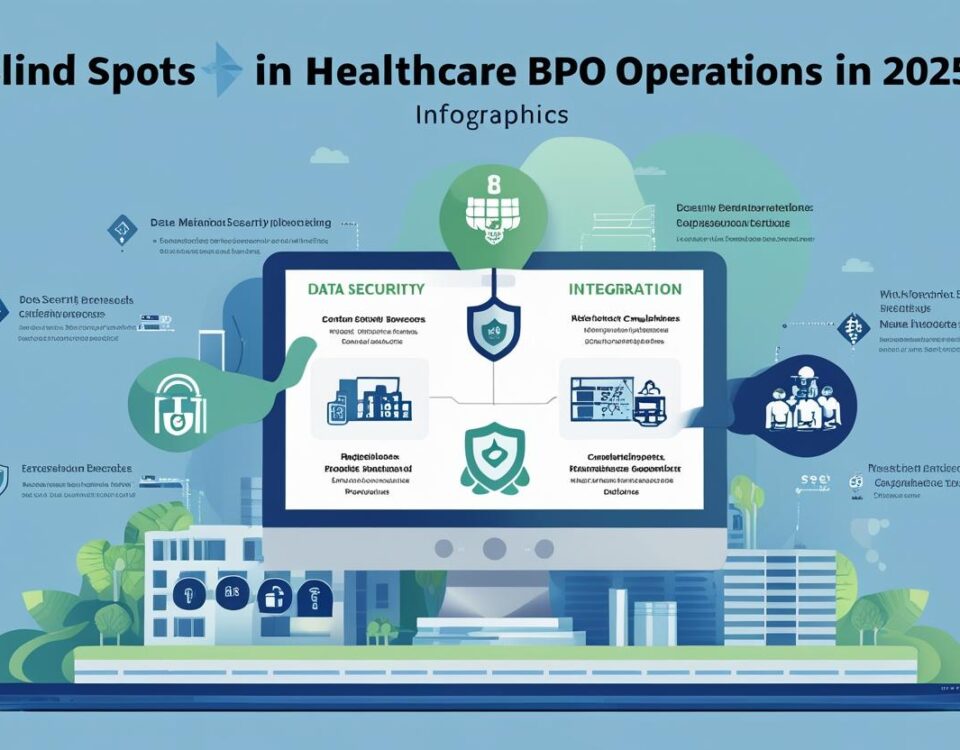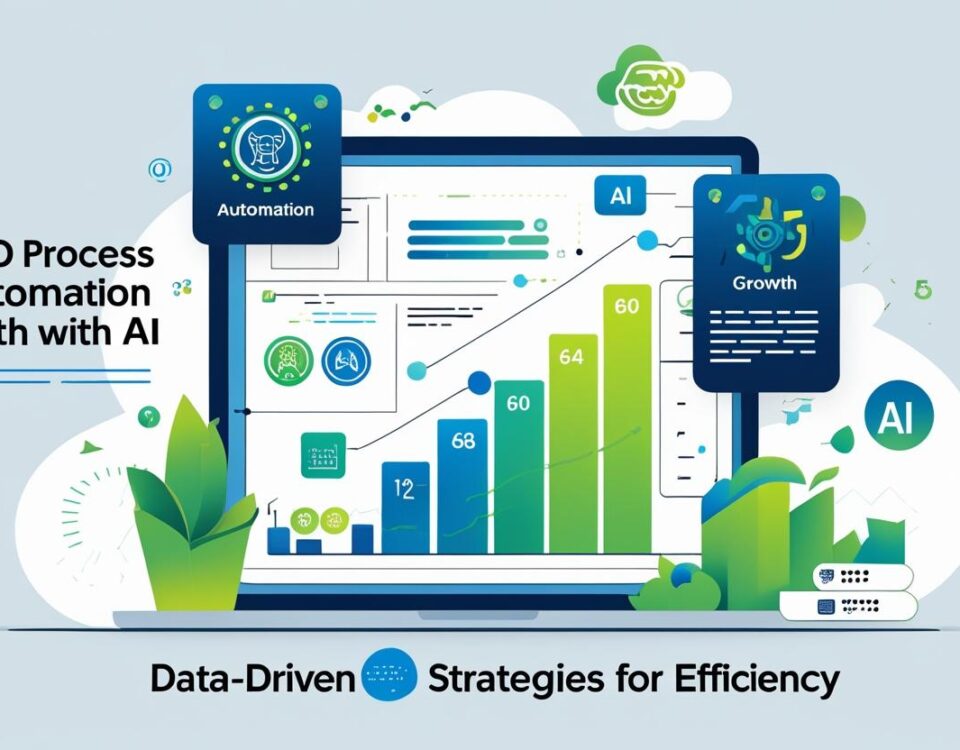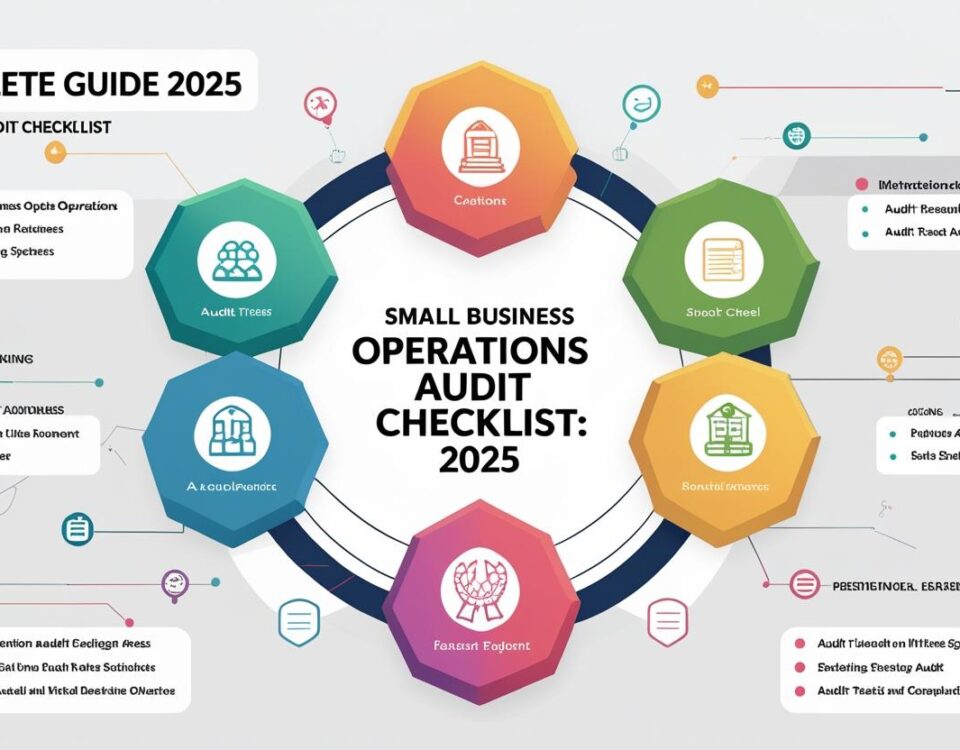Business Automation FAQ Small Business: The Ultimate Guide for Stress-Free Growth 2025

Business Automation FAQ Small Business: The Ultimate Guide for Stress-Free Growth
Business automation FAQ small business – If you’re searching for reliable, actionable answers on how small businesses can make the most of automation in 2025, you’ve landed in the right place. This guide addresses the 30 burning questions real business owners ask, with expert insights you can trust.
Embracing business automation can unlock hassle-free scaling, higher profits, and peace of mind—even if technology seems overwhelming at first. According to recent studies, businesses using automation see productivity gains of 25% or more within the first year. Ready to see what’s possible for your business?
Business Automation FAQ Small Business: Getting Started
1. What is business automation and why does every small business need it?
Business automation FAQ small business: Business automation means using technology to replace repetitive, manual tasks so your team can focus on higher-value work. Small businesses need automation to stay competitive, minimize errors, cut costs, and free up resources for growth.
Modern automation goes beyond basics. See our in-depth Hyperautomation for Small Business Guide.
2. Which business processes should small businesses automate first?
Start your business automation FAQ small business journey with repetitive tasks: email marketing, invoicing, appointment scheduling, order tracking, and content posting. Our operations audit shows how to find your ideal starting point.
3. How much does business automation cost for small business?
Small business automation starts from as little as ₹1,000/month for basic email and social tools, up to ₹30,000+ for advanced platforms. Positive ROI is typically seen within six months—an unbeatable return for most owners.
4. What’s the difference between automation and hyperautomation for small businesses?
Traditional automation handles individual tasks; hyperautomation links them for end-to-end, AI-powered efficiency. Small businesses get the benefits of scale and smarter decision-making.
5. How quickly can a small business implement automation?
Simple automations can go live within weeks. Moderate to advanced setups may take 2-6 months. Phased rollouts reduce pain—and our BPO automation guide shares more tips.
6. Do I need to be tech-savvy to use business automation?
No! No-code tools make business automation FAQ small business easy for non-techies. Explore our No Code Document Workflow Automation Guide.
Business Automation FAQ Small Business: Tools & Technology
7. What are the best automation tools for small businesses?
Popular choices in 2025: Zapier (integrations), HubSpot (marketing), QuickBooks (finance), Calendly (scheduling). Choose tools that fit you and grow with your needs.
8. Should a small business use cloud-based or on-premise automation?
Cloud-based tools are budget-friendly, secure, scalable, and update automatically—ideal for business automation FAQ small business deployments in most cases.
9. Is no-code automation good for small business owners?
Yes! No-code tools empower owners to automate without developers. Try Zapier, Power Automate, or Airtable to get started quickly and affordably.
10. How do automation tools integrate with existing software?
Modern platforms offer simple connectors and APIs to link your CRM, accounting, or marketing stack. Our workflow automation guide breaks it down.
11. What are the most popular automation platforms for small businesses in 2025?
Zapier (Easy), Microsoft Power Automate (Advanced), HubSpot (CRM), Monday.com (PM), Salesforce (Enterprise).
12. Can automation tools integrate with my CRM?
Definitely. Zapier, HubSpot, and Power Automate connect with over 50 CRM platforms to create personalized, repeatable workflows—ideal for a business automation FAQ small business use-case.
Business Automation FAQ Small Business: Implementation & Strategy
13. What’s the best way to create a winning automation strategy?
Start with a business operations audit, prioritize easy wins, test processes, measure ROI, and expand with confidence.
14. What are the most common automation mistakes small businesses make?
Automating broken processes, skipping training, ignoring security, and failing to define clear goals. Dive deeper into BPO best practices here.
15. How do I measure automation ROI?
Track hours saved, errors reduced, cost reductions, and revenue growth. Simple formula: ROI = (Benefits - Costs) ÷ Costs × 100. Monitor for at least six months!
16. Should small businesses automate in phases or all at once?
Gradual, phased automation is proven to reduce disruption and increase adoption—one step at a time always wins.
17. How do I choose the right automation vendors?
Check features, support, pricing, integration, and user feedback. Demos and free trials are essential for informed decisions.
18. What about security—how can I protect my business?
Strong passwords, access controls, encryption, regular audits, and up-to-date software keep your automation safe.
Business Automation FAQ Small Business: Industry Applications
19. How does automation help e-commerce businesses?
Automates order processing, inventory, customer service, returns, and personalized marketing for faster, happier customers.
20. What are automation benefits for service businesses?
Improved client onboarding, project tracking, follow-ups, and milestone reminders. See our BPO strategies for actionable service-based ideas.
21. Which marketing tasks should small businesses automate?
Email sequences, social posting, lead management, scheduling, and retargeting. Check our AI business automation guide for more.
22. How does automation enhance customer service?
Chatbots, ticket routing, auto-responders, and knowledge bases—leading to faster answers and higher satisfaction.
23. Can automation improve accounting and finance?
Yes: invoice creation, expense reporting, payment reminders, reconciliation, and tax prep are all easier with automation.
24. What about HR automation for small businesses?
Simplifies hiring, onboarding, attendance tracking, payroll, and performance management for small teams of any size.
Business Automation FAQ Small Business: Tackling Challenges
25. Will automation replace small business employees?
No. Automation eliminates drudgery, not jobs, enabling staff to focus on value-adding, creative, and strategic work.
26. How do I overcome resistance from my team?
Communicate benefits, involve employees in planning, provide training, and celebrate easy wins as new tools roll out.
27. What if automation fails?
Have backup plans, regular tests, support contacts, and document your critical processes both automated and manual.
28. How do I keep a personal touch with my clients?
Leverage personalization features, build human hand-offs for complex tasks, and monitor feedback regularly.
29. What about compliance and legal risks?
Be proactive: ensure GDPR/CCPA compliance, manage data carefully, and use platforms meeting regulatory requirements.
30. How do small businesses scale automation?
Document your processes, monitor performance, and choose modular tools from day one—read our operations guide for advanced tips.
Final Thoughts & Resources
Unlocking the benefits of business automation FAQ small business doesn’t have to be daunting. Start small, learn as you go, and use expert resources:
- Hyperautomation for Small Business: The Complete 2025 Guide
- Critical Small Business Operations Audit Checklist
- No Code Document Workflow Automation for Remote Teams
- BPO Process Automation: 10 Proven Strategies
- AI & Automation in Business Operations
Ready to empower your team and scale with confidence? Start answering your own business automation FAQ small business needs today!




